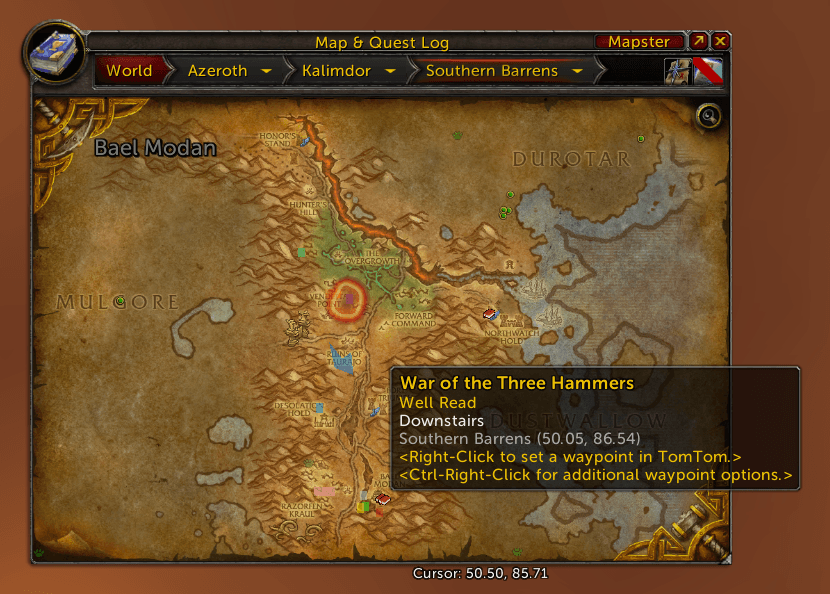

Now they have zero coordination between their investment accounts, leading to overlap, duplication and imbalances. If they don’t pull together, share every detail and financial intimacy, life gets more uncertain. Nobody taught them that getting hitched means two individuals suddenly become one economic unit. About all they actually share in life is a mortgage to the green bank, and a six-year-old.īut that’s not the reality. After all my irritating questions were answered, it was clear this you-vs-me approach to finances also meant they didn’t have a will or POAs. The two of them contribute money for household expenses, but spend as they see fit from their own accounts. Besides when my mom died and I got a small inheritance and my lawyer told me to never mingle it with Brad’s money.” It was a female lawyer. They don’t trust each other.Īt least, that’s what I asked – after I heard both say they have “no idea” what the other person has for investments that they keep their money in separate banks have no joint account and (of course) no plan. And most of what they’ve got invested now is in bank mutual funds with bloodsucking MERs.īut that’s not the biggest challenge. The mortgage will renew at a far higher rate. But the path to an early retirement – say in 20 years – will be a tough one. For their ages, given today’s financial reality, not so bad. Liquid assets total $220,000 in TFSAs, RRSPs and an RESP for the squirt. So we talked.Īs it turned out, they have a $430,000 mortgage and about two hundred in house equity. Now in their mid-30s, it’s get-serious-time about personal finances and the future. She has a DC pension (6% shared RRSP contributions). He’s a software engineer at a gaming shop. Since then they married, had a kid (now six), bought a semi in the burbs and both forged careers.
#Wow handy note missing dependency how to#
And he had no idea how to properly wash his shorts.” Jen and Brad have been an item for 13 years now.


 0 kommentar(er)
0 kommentar(er)
